21 articles from this collection:

Pharmaceutical Technology
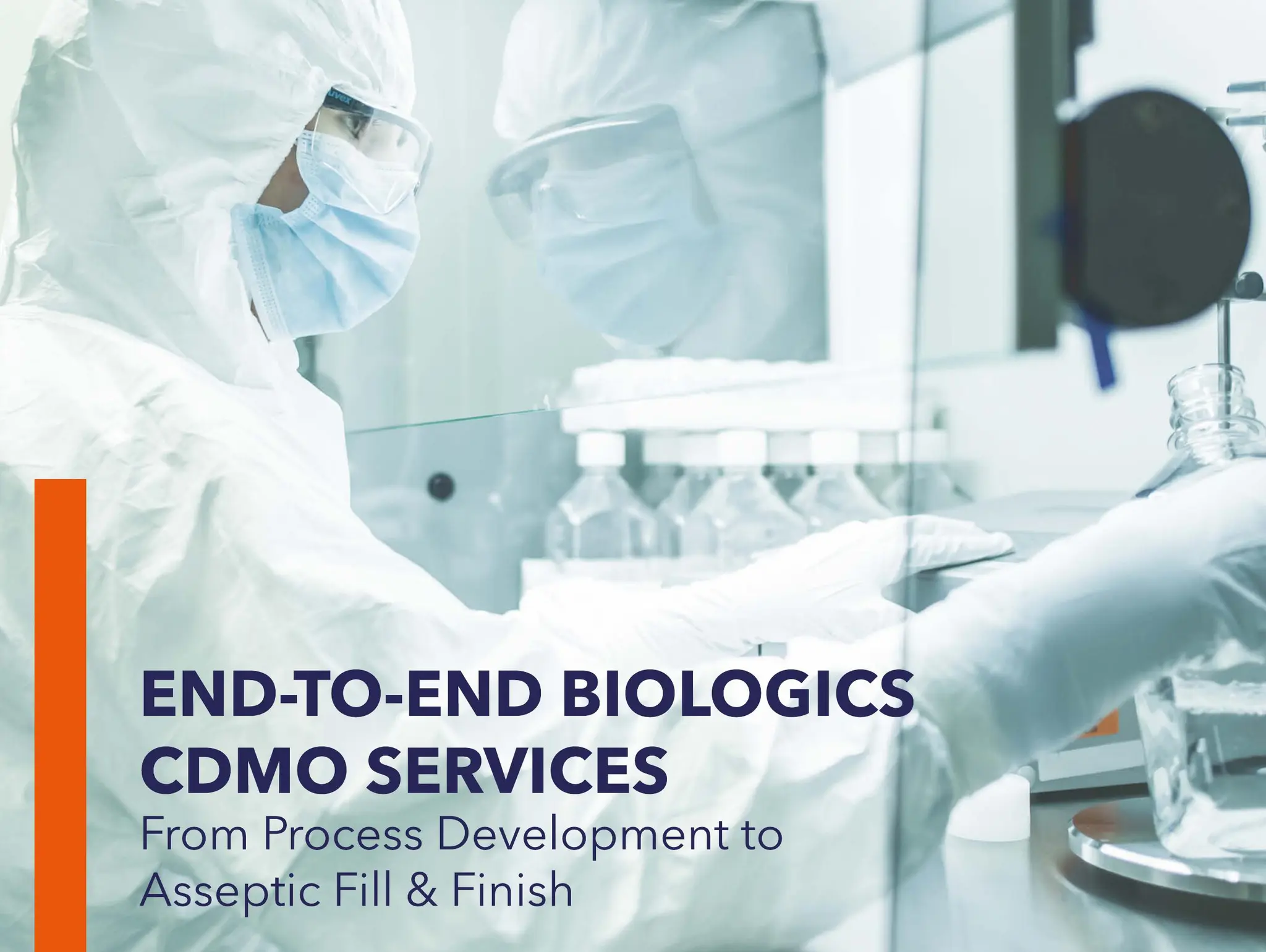
NORTHWAY BIOTECH
Www.northwaybiotech.com

CONTENTS
18

EDITORIAL DESK
Last week, the spring equinox brought half the world out of winter with promises of gentle weather and budding trees. What better time than now, then, to have a look at the fresh ideas blossoming in the pharmatech industry.

Advance Viral Vector Development and Characterisation for Gene Therapies – Vector Optimisation
rAAV vectorology is being optimised to allow for highly specific expression and greater efficacy – how is this being achieved, and why is it so important?
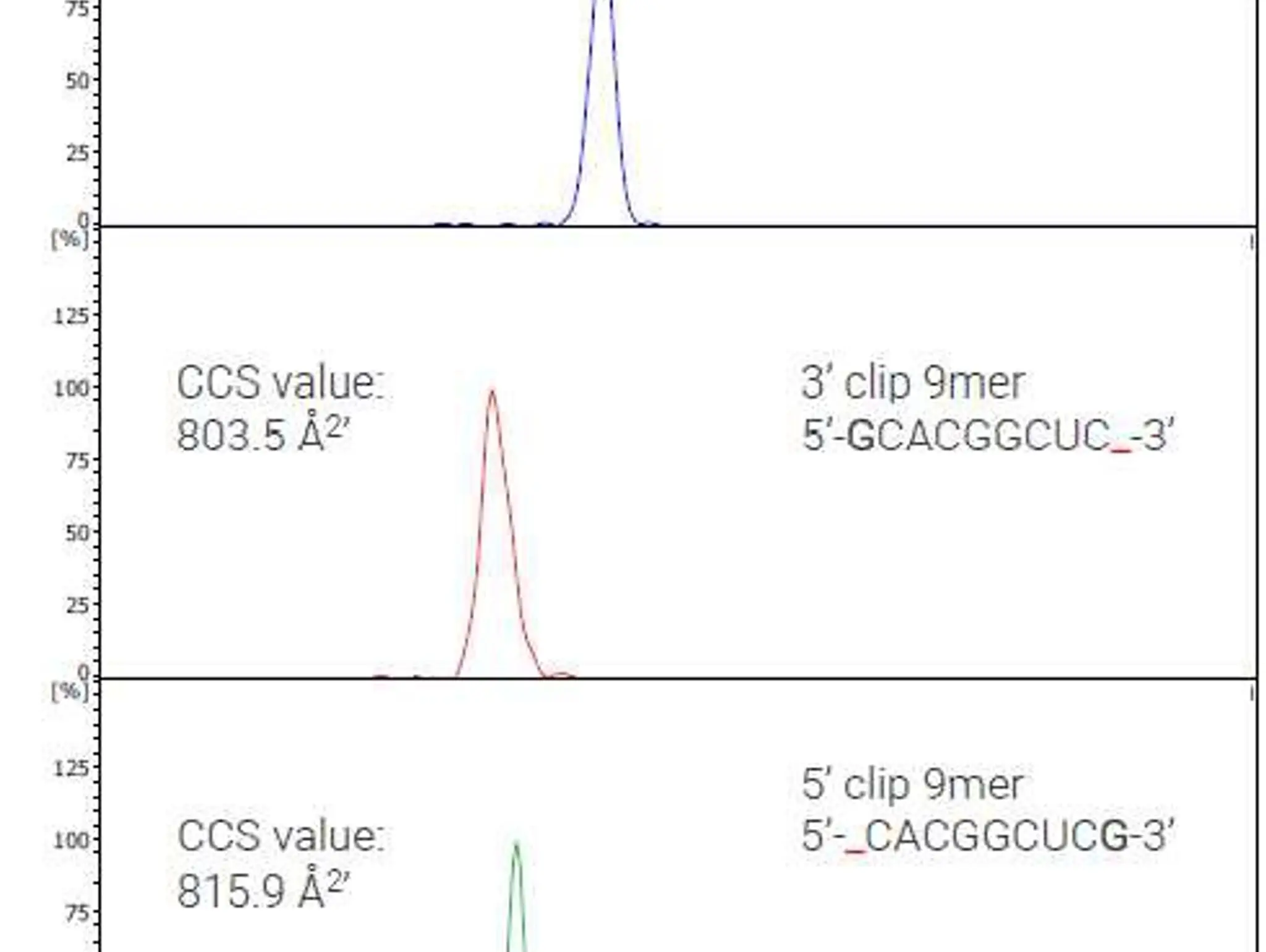
The Challenges and Technological Opportunities in Oligonucleotide Therapeutics
Recent developments in gene therapy and the approval of mrna vaccines for treating diseases has seen the biopharmaceutical industry’s need for more well-characterised rna and oligonucleotides than ever before. How are more nucleic acid sequences being analysed by mass spectrometry (ms) through the development of new technologies, and how can innovations in software process data fully automate the workflow of the confirmation of oligonucleotide sequences based on intact ms/ms

BMG LABTECH
www.bmglabtech.com

AI in the Drug Discovery Industry
IPT talks to Tamsin Mansley of Optibrium about how AI has been used in drug discovery up until now, and how it can be best applied in the future

Coding of Cell Identity
Non-human cells have been used in drug discovery for years. How are novel technologies helping researchers to move past this method?

Future Life Sciences’ Regulation and Processes Will Be Data Driven: Who Will Steer That Future?
Industry experts joined in a live video discussion about the critical next steps as life sciences embrace a future that is data rather than document driven in its management of information, knowledge and essential business processes. Ultimately, whose responsibility should it be to look after the quality and consistency of the data, and how will they do this?

Accelerating Life Sciences Research and Delivery with Knowledge Graphs
Advanced data handling techniques may point the way to a potential new innovation-rich future, which two use studies are already proving
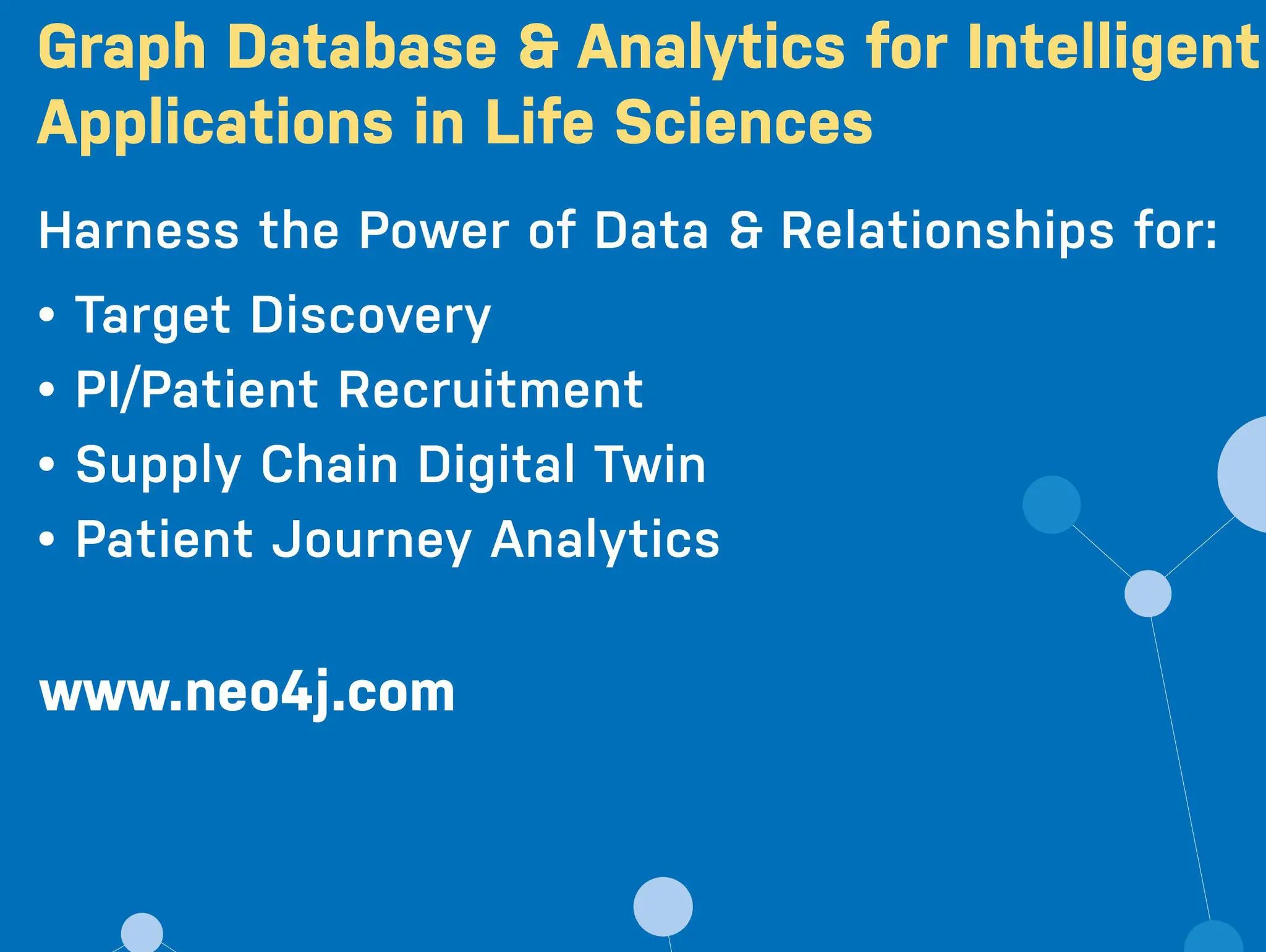
Neo4j
www.neo4j.com
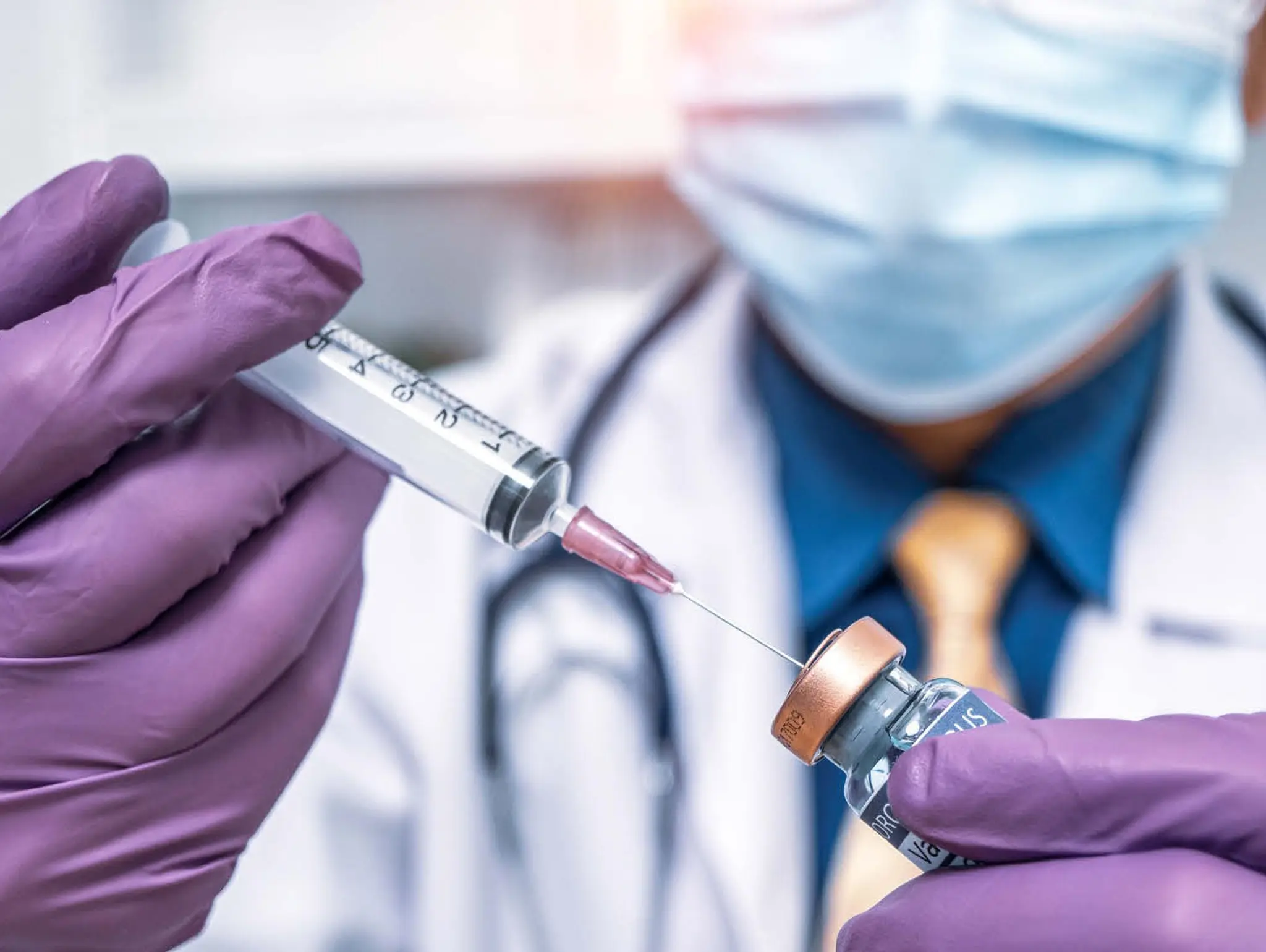
Technological and Scientific Advances Bring New Hope for Therapeutic Cancer Vaccines
Advances in immunotherapy and other areas have delivered new tools for the treatment of cancer. Cancer vaccine research is now showing greater promise, offering new hope for patients
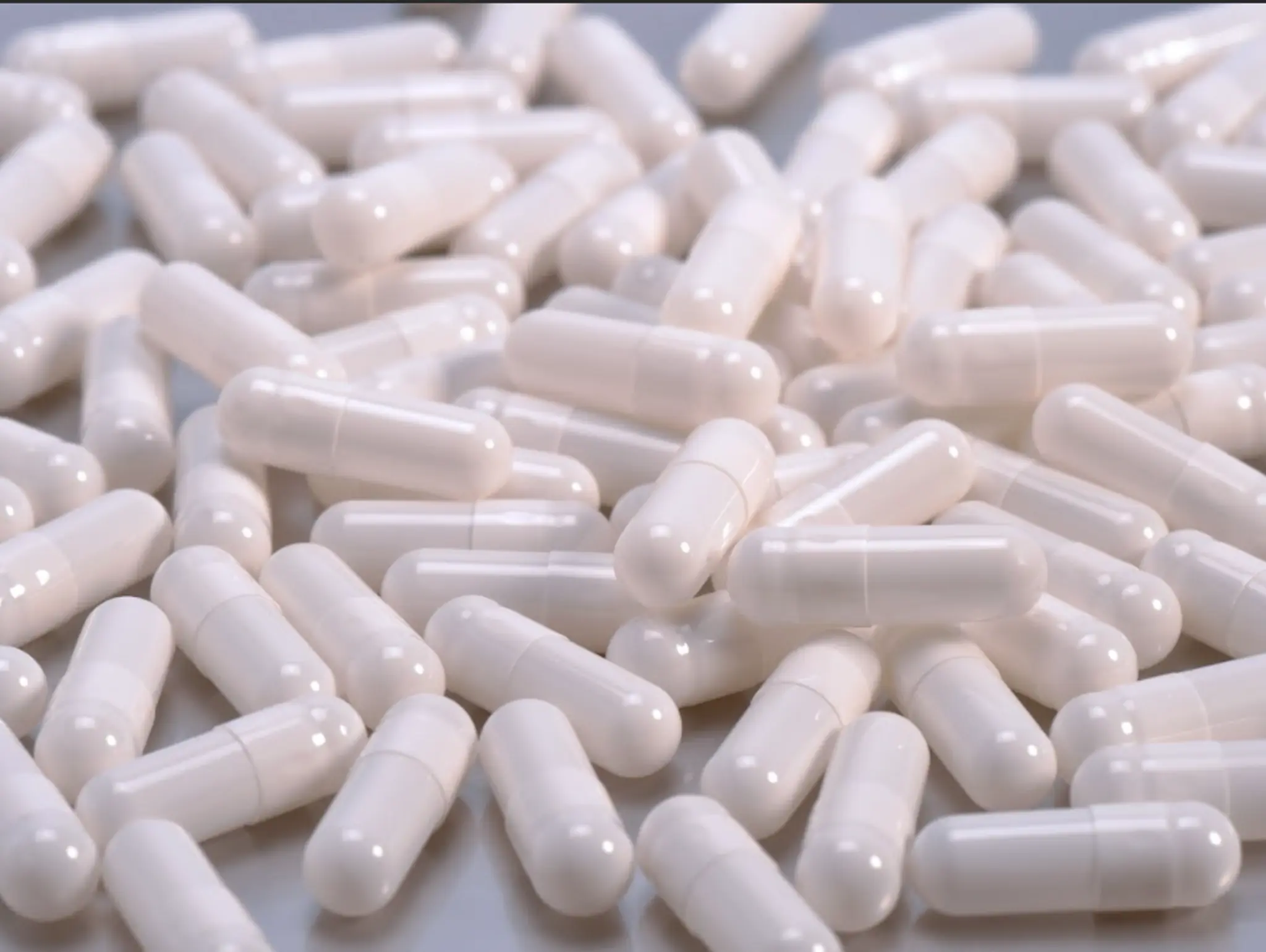
Enteric Capsule Innovation: How Capsule Technology is Helping API Reach into the Small Intestine
How are current events in drug development demanding better enteric delivery solutions, and how is material science and manufacturing innovation creating a purpose-built capsule able to go the distance – all while reducing the cost and complexity of enteric development and delivery?
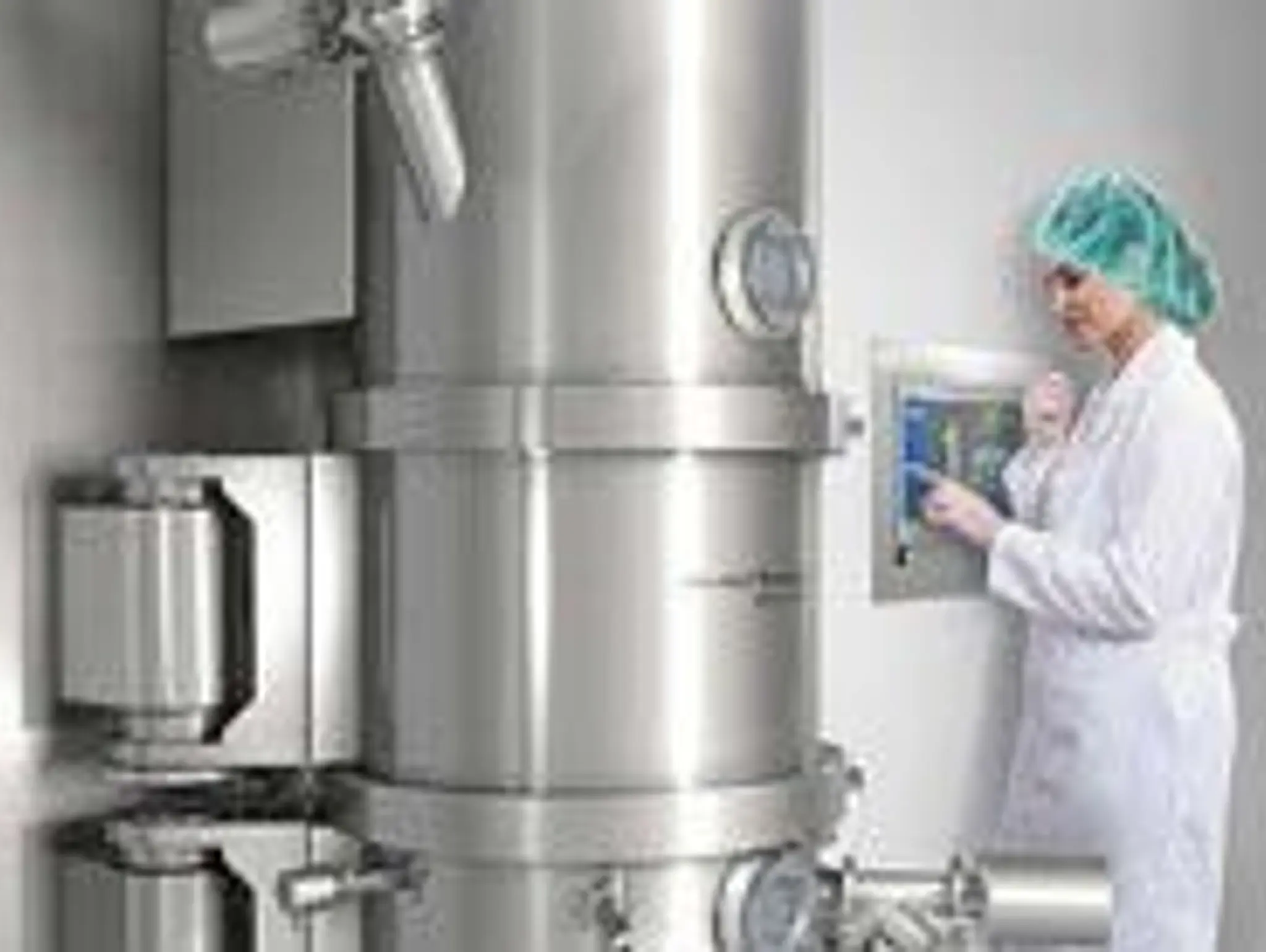
Esomeprazole Pellet Production for MUPS Applications – High-Precision Fluid Bed Coating
MUPS formulations are a widely used pharmaceutical dosage form for esomeprazole, a proton pump inhibitor. For this purpose, micropellets are coated with the active ingredient and administered in the form of tablets or capsules. An appropriate solution for the coating of micropellets is the use of fluid bed processors which utilise air flow bed technology
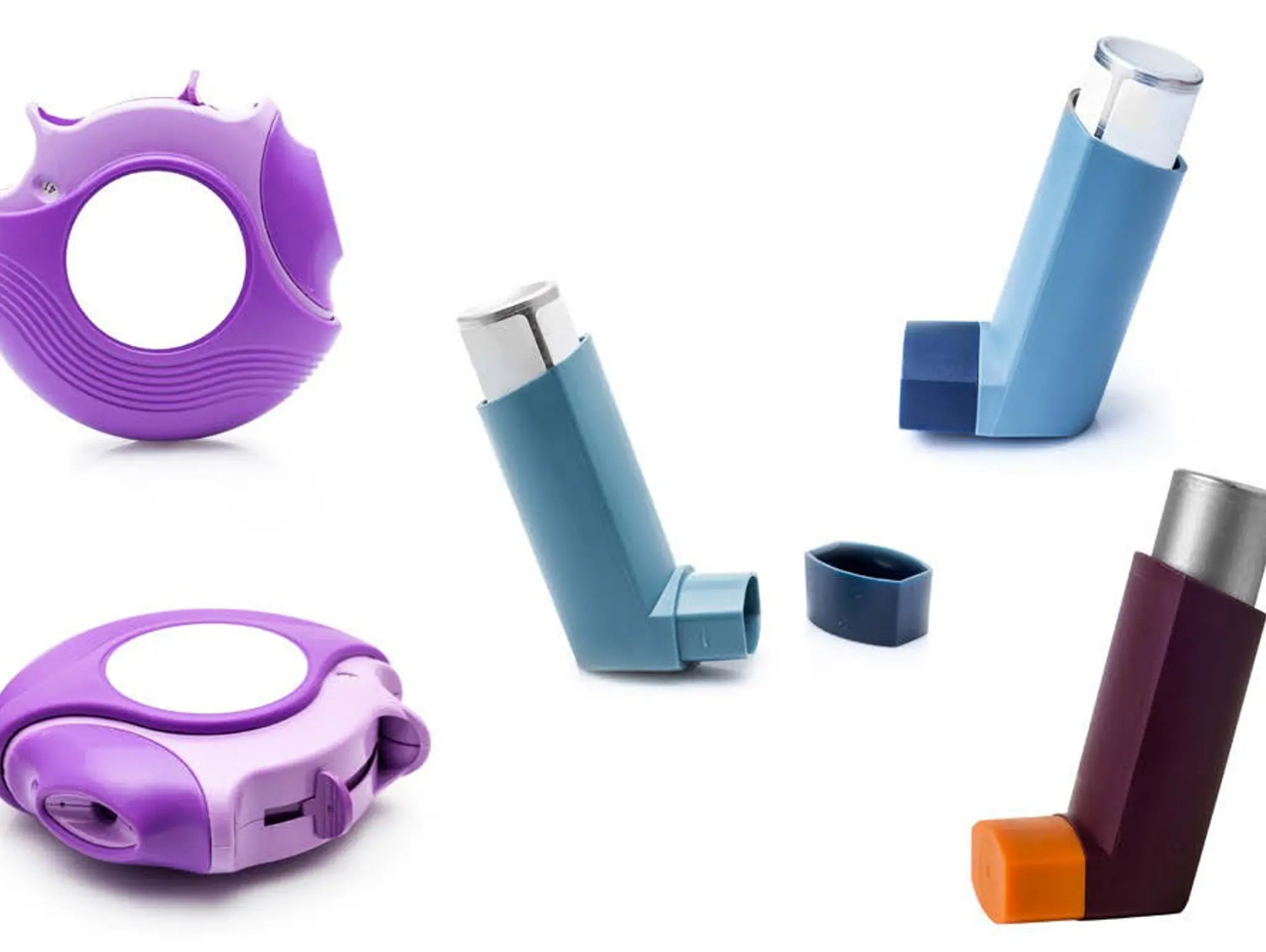
Making Inhalants Fit the Future: Improving the Sustainability of Pressurised Metered Dose Inhalers
Since their introduction in 1956, pressurised metered dose inhalers (pMDIs) have become the dominant treatment choice for patients suffering from common respiratory diseases such as asthma and chronic obstructive pulmonary disease (COPD). However, unbeknown to most patients and many doctors, pMDIs account for 3.9% of NHS’s annual carbon emissions.1 Here we will discuss how formulation changes might be the answer to the pMDI-related sustainability problem
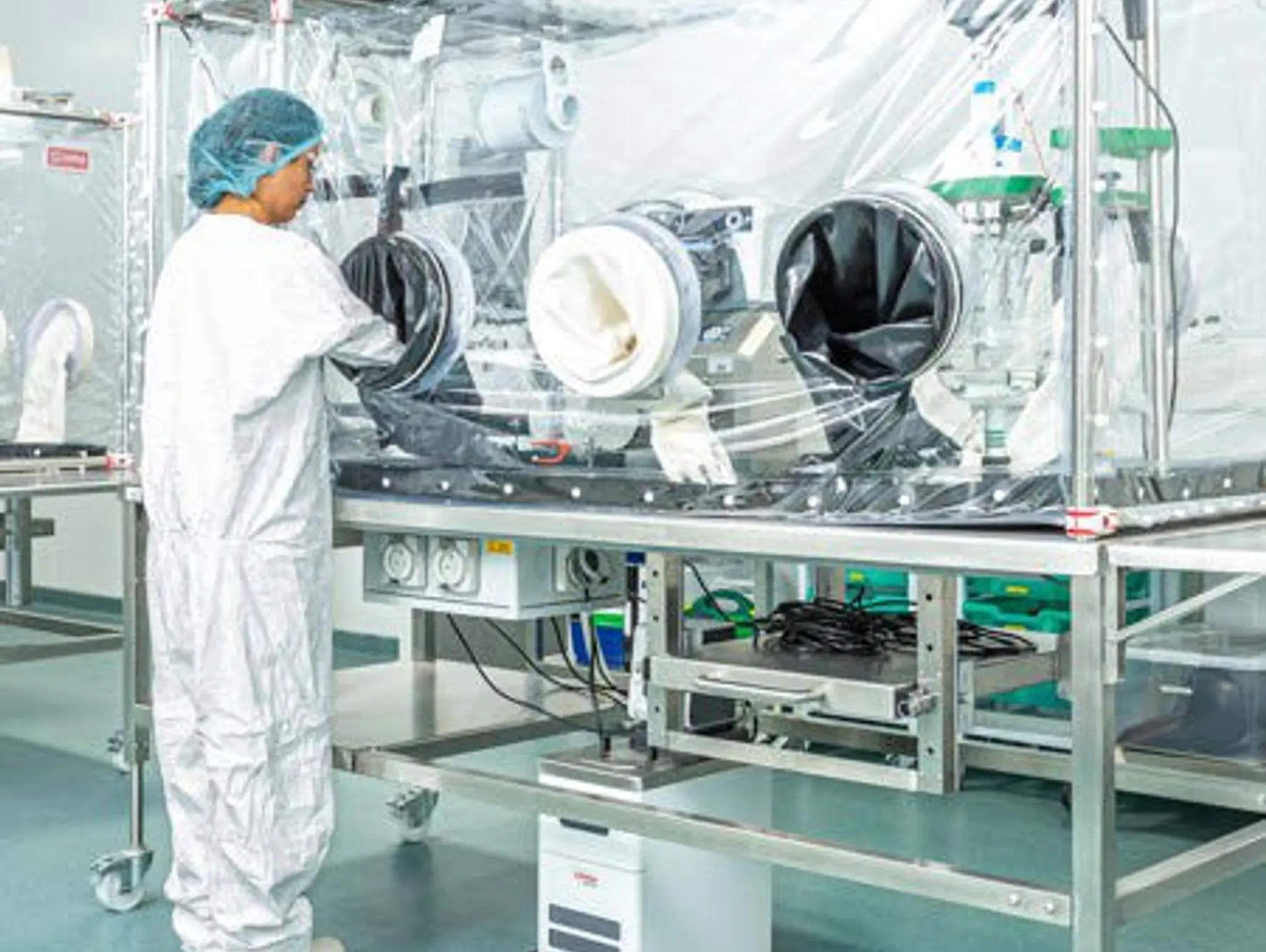
How Flexible Containment Is Helping Manufacturers Meet Demand for Highly Potent Drugs
Manufacturers are deploying flexible containment in both existing and new-build manufacturing sites. Why are they choosing this over traditional rigid isolators, and what are the considerations they should take into account when doing this?

Next-Level Digitalisation: Smart Pharma Production Gets Even Smarter
The digitalisation of pharmaceutical manufacturing has come a long way. However, there are still many ways companies can improve systems to grow even further
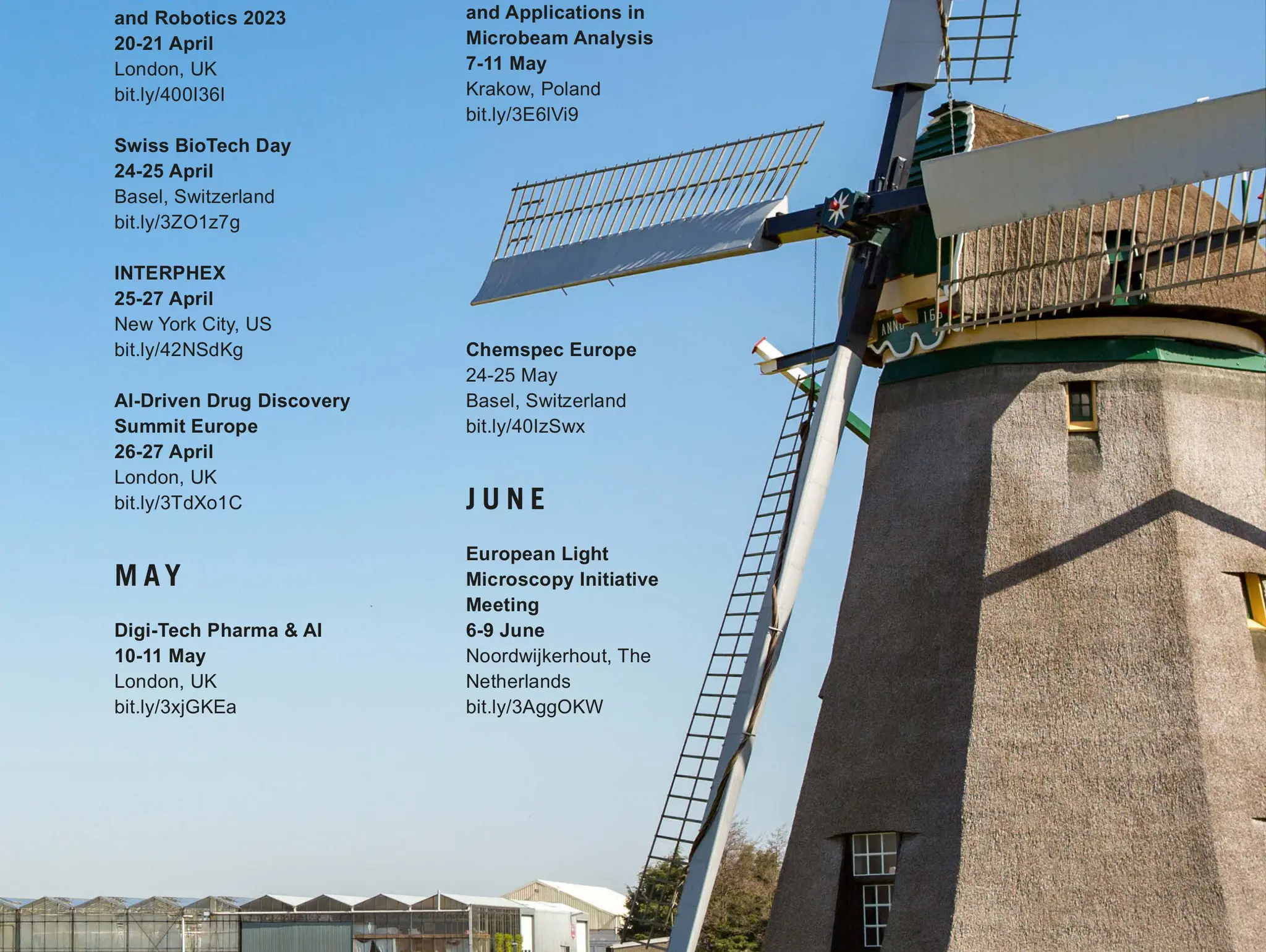
EVENTS
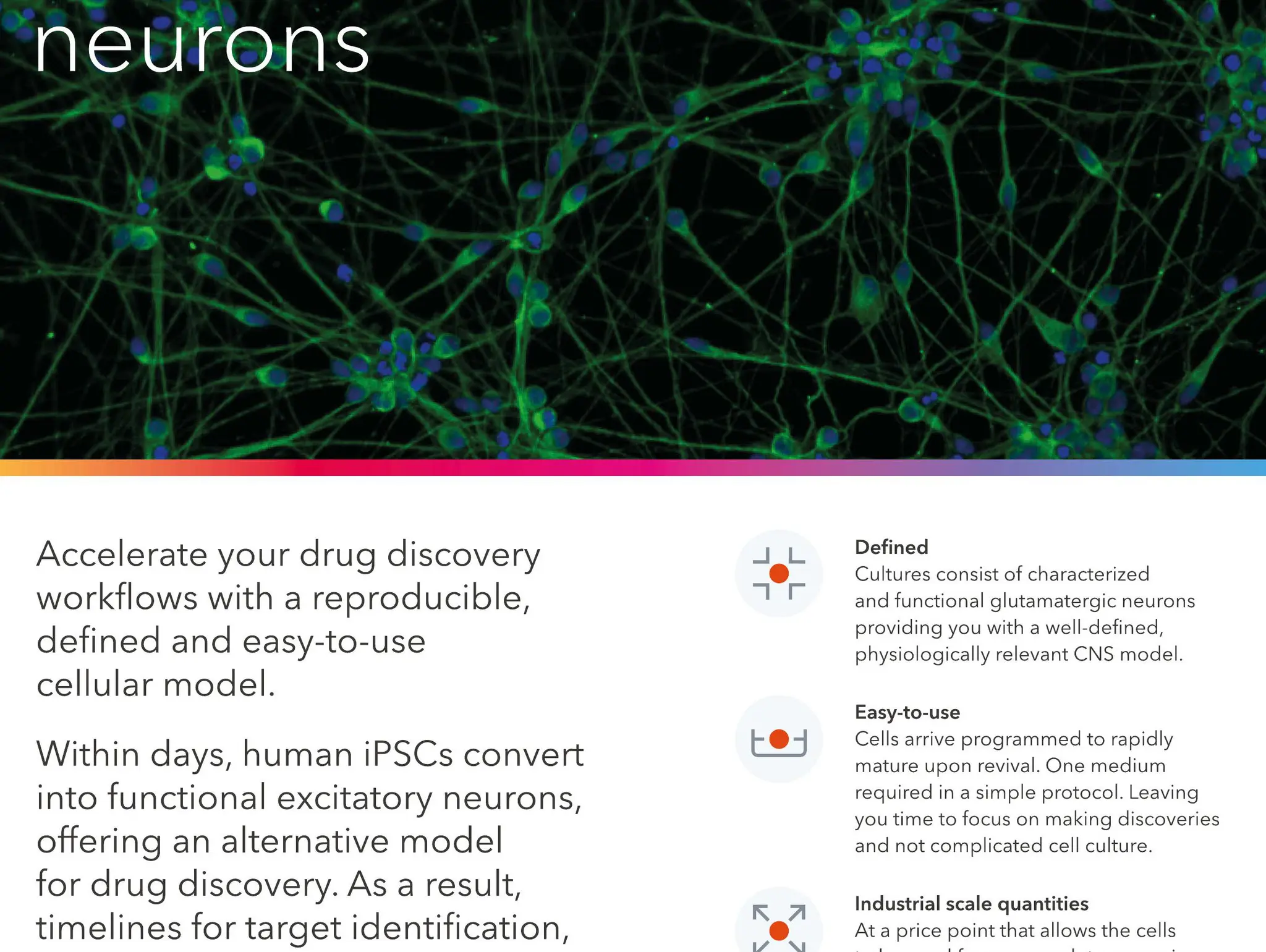
Bit.bio

Natoli
Natoli.com
